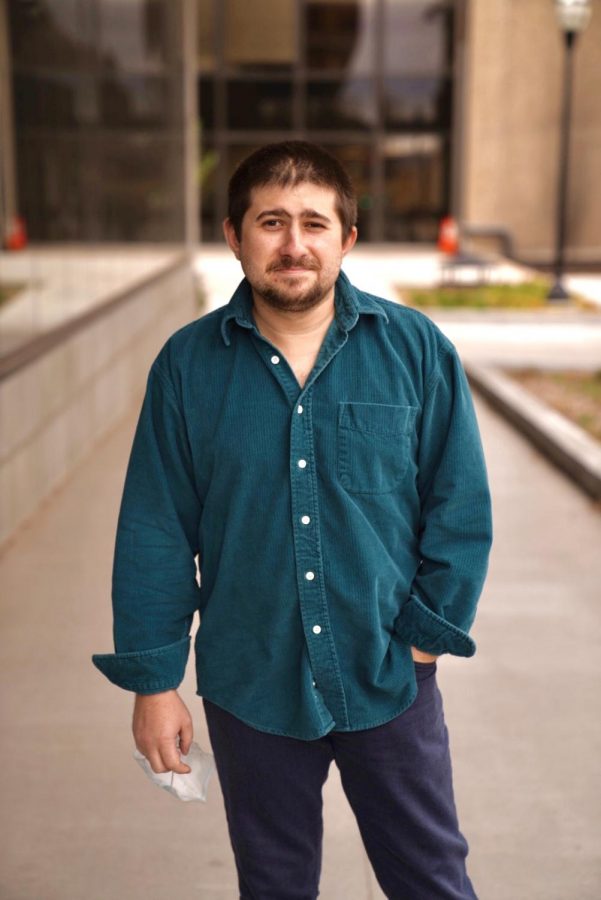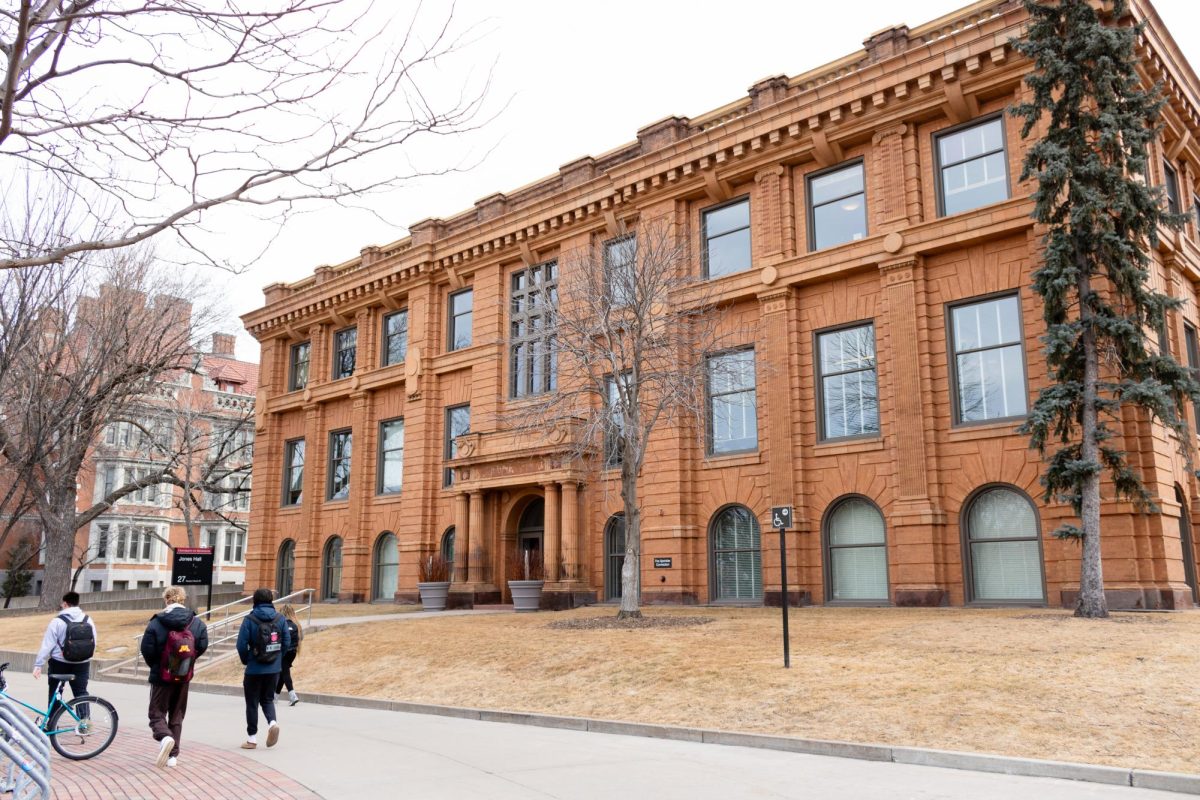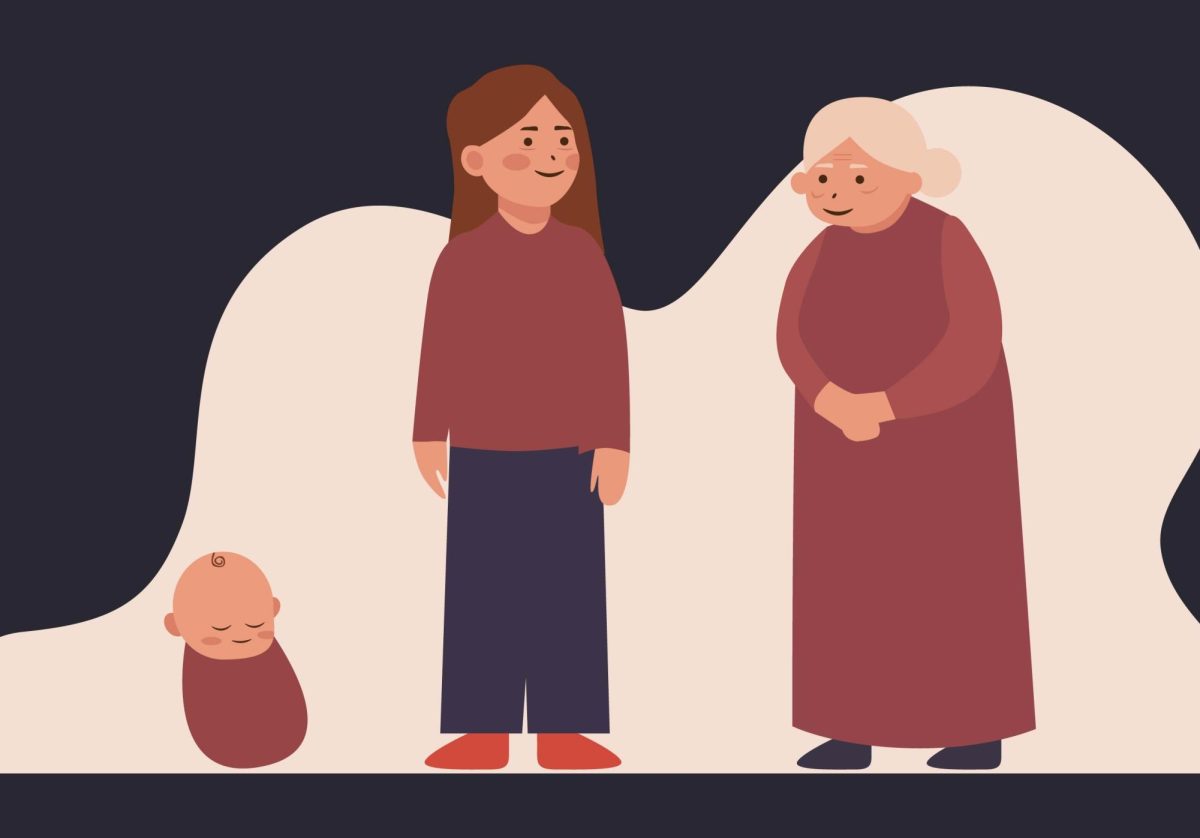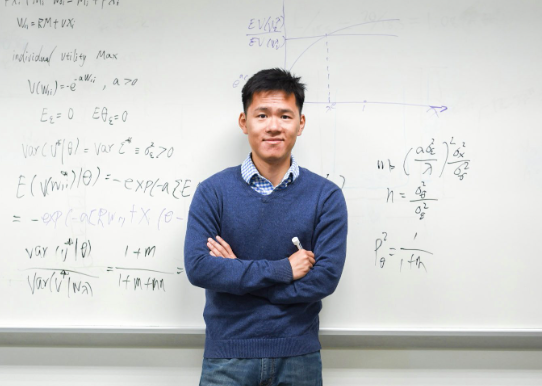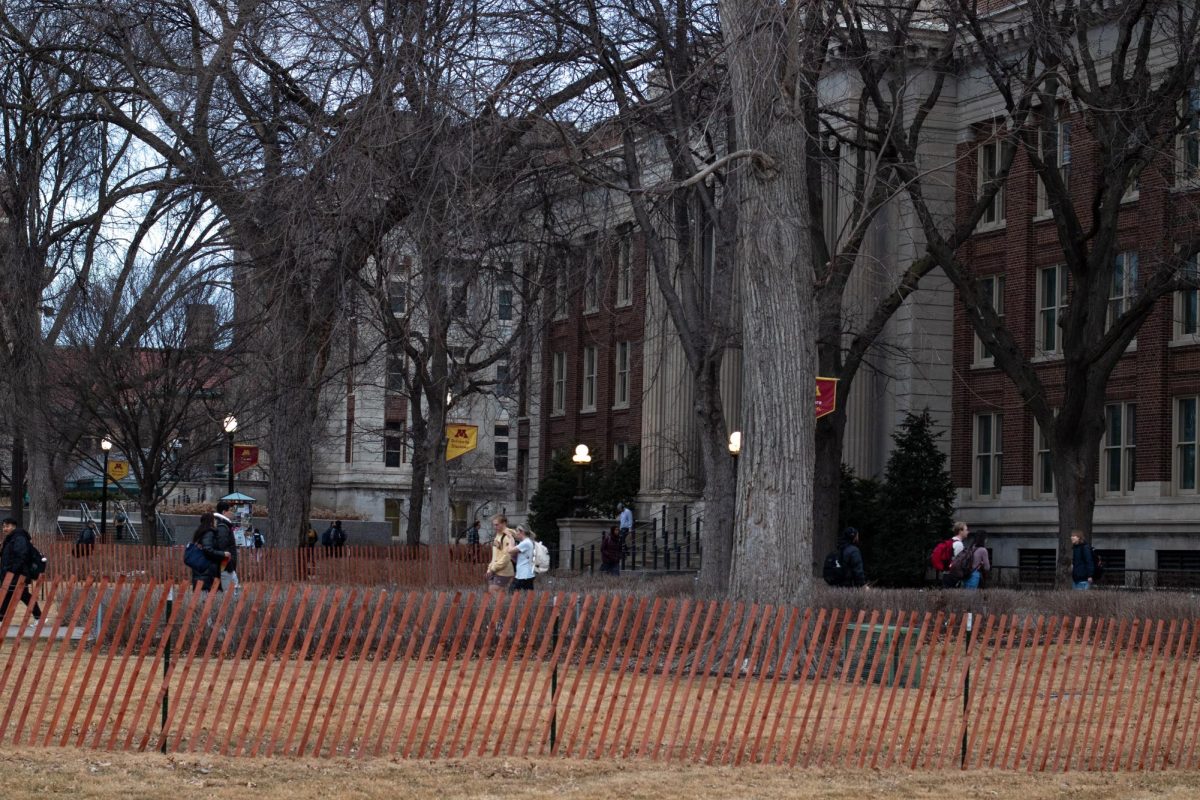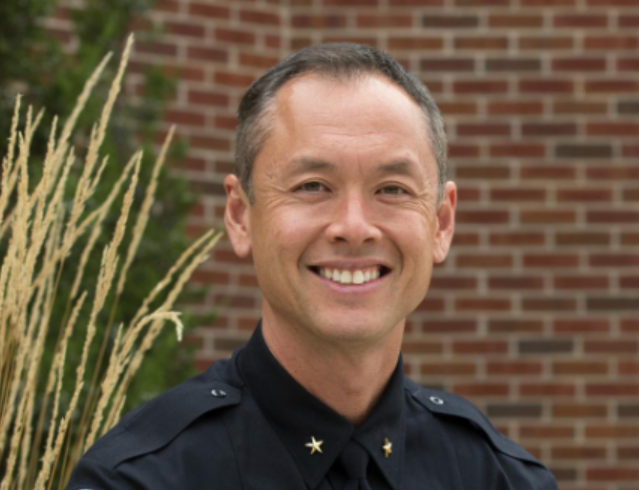Dah-ye Lee, 21, had struggled with substances since she was 12 years old but did not fully commit to becoming sober until she started at the University of Minnesota in 2018.
“I was very upfront with my academic advisor,” Lee said. “I said, ‘I would really appreciate it if you could redirect me to some resources for sober students.’ And she was like, ‘Oh yeah, here’s a link to a group,’ and I visited the link and it was dead.”
As Lee found out, the recommended student group SOBER disbanded and Lee said she was shocked by the lack of resources at the University. However, later that semester, she said she saw a flyer advertising the new, rebranded student group called Recovery On Campus (ROC).
“I did not know that was a thing, and apparently my advisor didn’t know either,” Lee said. “It was there that I … met a lot of young people who were also getting a degree and navigating college and recovery. And that was a really important experience.”
Lee and other students and alumni have criticized the University for lacking resources and failing to build awareness for available options. While University officials made improvements since 2018, students said the University still lacks comprehensive support for sober students.
University adds resources after student reports
During the spring semester of 2018, a group of University journalism students reported on students facing or in recovery from drug and alcohol addiction and the University’s environment. They published their findings on their class website AccessU. The students compared the 14 Big Ten universities with letter grades.
The University ranked in 13th place with a C- grade because they lacked resources such as housing for people in recovery, support groups and membership to the Association of Recovery in Higher Education (ARHE).
The students created a forum to facilitate conversations between community members and faculty, which made shortcomings in the University’s services visible, according to a MinnPost article.
Boynton Health staff promised to build a stronger culture for those in recovery and partnered with students to create ROC and enlisted the University in ARHE.
In October, Boynton hired Sam Worthington as a Recovery Navigator, who was trained through Minnesota Recovery Corps and is in long-term recovery himself. He said he hopes to offer wisdom from his journey and help University staff, students and alumni explore their relationships with substances.
“I can offer people support and conversation,” Worthington said. “Maybe a little motivation. As someone who’s walking the same path.”
Worthington’s contract ends in July but depending on the program’s success he said his services could be extended. So far, he said he’s seen a handful of different participants, some of whom have returned for further sessions.
“I hope that more students, staff and faculty take advantage of it and hopefully find benefits in the service,” Worthington said. “And I hope that campus partners who deal with alcohol- and drug-related issues … will become aware of me and use me to help students in those situations.”
COVID-19 complicates recovery
Despite the improvements the University made, students said there are limitations to the services available.
ROC director Sarah Kopp-Reddy said time and geographic barriers prevent some students from coming to the group’s meetings, which are housed in Coffey Hall on the St. Paul campus on Friday evenings. She said this year, about five to 10 people come to each meeting, which is a decrease of about one-third from past years.
“When there are already enough deterrents to being sober on a huge campus community, I’m sure it can feel impossible,” Kopp-Reddy said. “There isn’t any structure here, it’s literally one meeting a week. You can come and you can hang out and meet some people, but it’s all self-driven.”
Kopp-Reddy said a supportive community is necessary for success in sobriety during college. She said last year was hard on ROC members, whose meetings were exclusively over Zoom, and many students stopped participating.
“I know a lot of people that have relapsed,” Kopp-Reddy said. “I know a lot of people that really white-knuckled it because of losing that community … It was really not a good time.”
From April 2020 to April 2021, the highest number of Americans in recorded history died of drug overdoses, according to a New York Times report. Minnesota experienced over 40% increase in drug overdose-related deaths.
“To have people be isolated … can be troublesome especially for people in recovery or for people who are actively using,” said Mark Thomas, director of the University’s Medical Discovery Team on Addiction.
Students hope to see more recovery resources in the future
Pete McNabb, 24, is a former ROC member who graduated in 2020. He said before the pandemic, ROC had asked the University for all-day access to a space on campus. He said looking forward, a living community and a clubhouse-type area could help students in recovery form deeper connections with their peers.
“There looked like there was a little bit of momentum, and then COVID happened,” McNabb said. “I would’ve loved to have had a place on campus that belonged to me.”
Students and alumni in recovery said they wished the University would hire employees trained in substance abuse treatment to secure ROC’s future.
“To have a recovery space fully dependent on student leadership is very precarious,” former ROC member Lee said. “It can fall apart, just like SOBER did.”
Boynton Director of Health Promotion Julie Sanem said students can schedule an appointment for a substance use assessment. Counselors will then talk with students about their relationship with substances and recommend treatment options.
Lee said treatment outside the University is not accessible to everyone. By the time she came to the University, she said she experienced inpatient and outpatient treatment and stayed sober through college.
“It makes me wonder how we could’ve better supported the people who were new to sobriety and didn’t have the resources I had,” Lee said. “I was extremely privileged to have access to treatment and insurance to cover that.”
Fourth-year student Nicholas Metzman, 26, said he moved from Washington three years ago to seek treatment from the Hazelden Betty Ford Foundation, but decided to stay after building community in the Twin Cities.
He has been sober almost two years and said he wants to see a change in stigma and stereotyping. He said the University could better educate people by inviting students to speak about sobriety.
“I believed stereotypes of drug addicts when I was active in my addiction,” Metzman said. “I can’t be an addict, addicts are x, y and z. But in reality, addiction doesn’t discriminate and it doesn’t care about your age, skin color, socioeconomic standing.”
If you or someone you know is struggling with addiction, substance use assessments and consultations are available on Boynton Health’s website.


